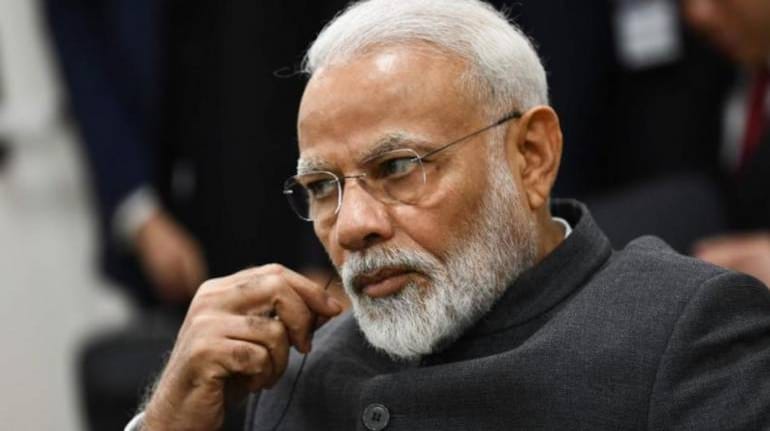



On March 12, the Quad group of countries — Australia, India, Japan and the United States — held their first-ever summit. Prime Minister Narendra Modi met Australian Prime Minister Scott Morrison, Japanese Prime Minister Yoshihide Suga and newly-elected US President Joe Biden in virtual discussion.
Coming at the highest level since 2004, when it was conceptualised, the meeting was significant. Four democracies with geostrategic importance, commitment to pluralism and market economy bringing in their ‘diverse perspective’ for united objectives, sent a strong message of their intention to strengthen the alliance within the framework of the Quadrilateral Security Dialogue.
Another highlight of the meeting was that this was the first meeting between Modi and Biden.
Given the geographical location of each of the four countries, the grouping as Biden noted, would make the quad “a vital arena for cooperation in the Indo-Pacific.”
The leaders discussed about COVID-19 vaccines, climate change, and emerging technologies which Modi said “makes QUAD a force for global good”.
The decision to jointly combat the pandemic would seem to be keeping with the Quad's original objective — to cater to the region's humanitarian needs. Under the agreement reached, a billion US COVID-19 vaccines will be manufactured in India for distribution in the Indo-Pacific region, financed by the US and Japan with logistical support from Australia.
This is also an acknowledgement of India’s credentials as a reliable manufacturer and supplier of the vaccines, reaffirming the country’s reputation as the ‘pharmacy of the world’ and recognition of the critical role India has played in supplying COVID-19 vaccines around the world — both as aid and under the COVAX scheme.
The four countries also plan to establish a series of working groups that will focus on climate change, and critical and emerging technologies; sometime this year they also have an in-person meeting.
However, what most-riveted the attention of observers were the deliberations regarding security of the Indo-Pacific region.
The joint statement stated the “shared vision for the free and open Indo-Pacific. We strive for a region that is free, open, inclusive, healthy, anchored by democratic values, and unconstrained by coercion." While China was not named in the joint statement, there is no doubt that assertions of “promoting a free, open rules-based order, rooted in international law to advance security and prosperity and counter threats to both in the Indo-Pacific and beyond” and to "support the rule of law, freedom of navigation and overflight, peaceful resolution of disputes, democratic values, and territorial integrity" was directed at Beijing’s expansionism and militarisation of the region.
Though China has displayed characteristic nonchalance, Beijing has taken note of it, as is evidenced by the numerous articles, like this one, in its government mouthpiece Global Times, and in the response by its foreign ministry spokesman to the summit. The summit also focused on ASEAN. This, together with earlier initiatives by Australia, India and Japan to create newer supply chains to circumvent China, the MALABAR naval exercises in 2020 (where all four countries participated), and now the initiative for a regional supply of the vaccines, the message is clear: it cannot be business as usual with China.
Here, though, it would be important to heed what Foreign Secretary Harsh Vardhan Shringla said at the special briefing following the summit: “India has always said that Quad does not stand against something. It stands for something positive....The meeting has put at rest any speculation that it is directed against others.”
Among the four Quad nations, India is probably in the most advantageous position, and should leverage it. It is the only one to have militarily stood up to China, with an ensuing disengagement, and continues to maintain excellent ties with Russia, which it views as part of its ‘Act Far East Policy’. India, as part of its avowed multilateral foreign policy, is also part of other regional groupings such as the BRICS (which India is chairing this year) and the Shanghai Cooperation Organisation. Hence, it's participation in the Quad can be viewed within this same framework — an assertion of its strategic autonomy.
Furthermore, India has bilateral logistical agreements with the three other Quad members. While the Quad can be viewed as a work in progress, India should simultaneously concentrate on deepening bilateral partnerships within the grouping, while dexterously continuing the balancing act with other powers in the region.
Discover the latest Business News, Sensex, and Nifty updates. Obtain Personal Finance insights, tax queries, and expert opinions on Moneycontrol or download the Moneycontrol App to stay updated!
Find the best of Al News in one place, specially curated for you every weekend.
Stay on top of the latest tech trends and biggest startup news.